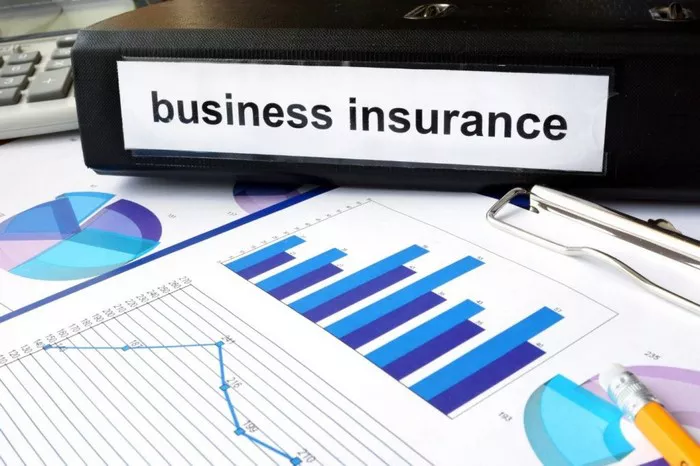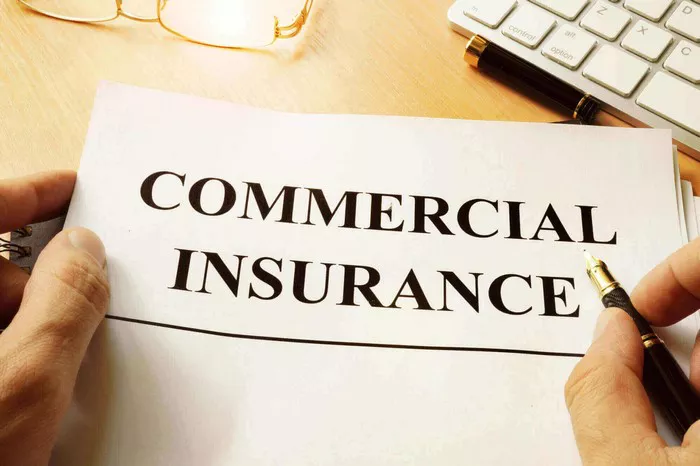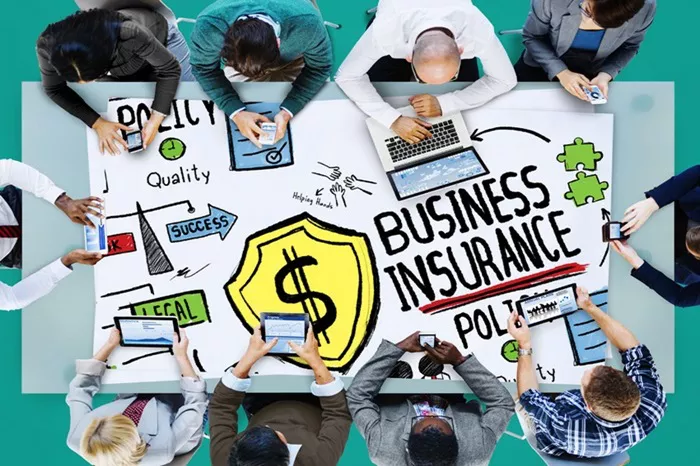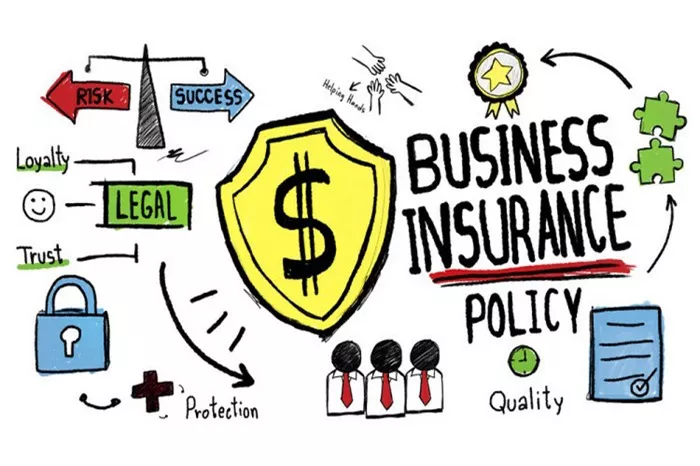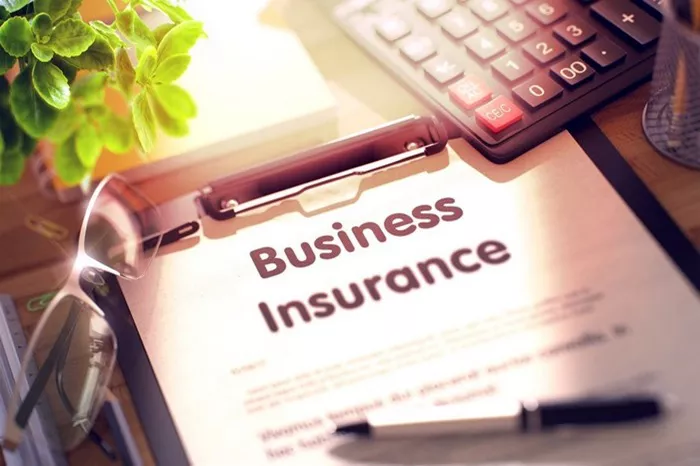General liability insurance (GLI) is a crucial component of any business’s risk management strategy. Whether you’re a small business owner or managing a large enterprise, understanding what general liability insurance covers and how it protects your business is essential. In this article, we will break down everything you need to know about GLI, from what it covers to how it works, and why it’s indispensable for businesses of all sizes.
Introduction to General Liability Insurance
When you operate a business, you’re exposed to various risks that can lead to financial loss or damage to your reputation. General liability insurance helps protect your business from these risks by covering certain types of claims. It is one of the most common types of insurance for businesses, and its importance cannot be overstated.
Without this coverage, your business could face significant financial strain in the event of a lawsuit or claim. GLI is designed to cover three primary areas: bodily injury, property damage, and advertising injury. Let’s dive deeper into each of these areas to understand exactly what general liability insurance covers.
1. Bodily Injury Coverage
Accidents happen. Whether you run a retail store, a service-based business, or a manufacturing company, the possibility of someone getting injured on your premises or due to your actions is always present. Bodily injury coverage under general liability insurance protects your business if someone is injured while on your property or as a result of your business activities.
For example, if a customer slips and falls in your store or a visitor is injured while touring your office, GLI can help cover the medical expenses and legal fees that arise from the incident. This coverage extends to:
Medical costs for the injured person.
Legal costs if the injured party decides to file a lawsuit.
Settlements or judgments if you’re found liable for the injury.
It’s important to note that bodily injury coverage doesn’t just cover injuries that occur within your business premises; it can also extend to incidents that happen off-site, such as during an event or on a job site.
2. Property Damage Coverage
Property damage coverage protects your business if you, your employees, or your business operations cause damage to someone else’s property. Whether it’s a broken window, a damaged car, or destruction of a piece of machinery, property damage can be costly to repair or replace.
For example, if one of your employees accidentally knocks over a display in a store and damages a customer’s property, general liability insurance would cover the cost of the repairs or replacement. This can also include damage caused by your business’s operations, such as during construction work or while installing a product at a client’s location.
Property damage coverage can protect against:
Damage to physical property, such as equipment, machinery, or inventory.
Damages caused by business activities to clients’ homes, offices, or other properties.
It’s essential to have this coverage in place because property damage claims can be expensive and without insurance, the financial burden falls directly on your business.
3. Personal and Advertising Injury Coverage
General liability insurance also provides coverage for personal and advertising injuries. This part of the policy addresses issues that can arise from your marketing and advertising efforts, including:
Defamation (libel or slander): If your business unintentionally harms another person’s reputation through false statements, GLI can cover the legal costs and damages associated with defamation.
Copyright infringement: If your advertisements or marketing materials use copyrighted images or content without permission, leading to a lawsuit, this coverage can help cover the associated costs.
False advertising: If your marketing claims are misleading or untrue, leading to a lawsuit from another company or individual, GLI can help protect your business.
Invasion of privacy: If your business inadvertently violates someone’s privacy rights (for example, through a marketing campaign), this coverage can help pay for legal fees and damages.
Many businesses do not realize the risks associated with advertising and marketing. Even innocent mistakes or misunderstandings can result in lawsuits, and having personal and advertising injury coverage ensures that your business is protected.
4. Legal Defense Costs
Even if a claim or lawsuit is ultimately unfounded, the legal costs associated with defending your business can be substantial. General liability insurance often covers the cost of legal defense, including attorney fees, court costs, and other expenses related to the lawsuit. This coverage applies regardless of the outcome of the case. Whether you win or lose the case, your legal costs will be covered by your GLI policy.
This is one of the most valuable aspects of general liability insurance, as legal defense costs can quickly accumulate and put your business at financial risk.
5. Products and Completed Operations Coverage
Products and completed operations coverage is another essential component of general liability insurance, especially for businesses that manufacture or sell products. This coverage protects your business if a product you sell or a service you complete causes harm to someone or damages property after it has been sold or finished.
For example, if a product you sold causes an injury or damage to property after it’s been used, GLI can help cover the costs associated with the damage or injury, as well as any legal fees. Similarly, if a service you provided leads to harm after the work is completed, this coverage will protect your business.
It’s important to note that this coverage typically applies after the product or service has been delivered, as opposed to during the production or service process.
6. Exclusions to General Liability Insurance
While general liability insurance provides comprehensive coverage for many common risks, there are also some exclusions. Common exclusions to be aware of include:
Employee injuries: General liability insurance does not cover injuries to your employees. For that, you’ll need workers’ compensation insurance.
Professional errors: If your business provides professional services (such as legal advice, medical services, or consulting), errors and omissions insurance (E&O) is typically required to cover claims of negligence or mistakes in your professional services.
Auto accidents: If your business owns or operates vehicles, you’ll need commercial auto insurance to cover accidents involving company vehicles.
Intentional acts: General liability insurance does not cover damages or injuries caused by intentional acts or criminal activities.
Pollution: Environmental damage caused by your business may not be covered unless you have specialized pollution insurance.
Understanding these exclusions is vital to ensuring you have the appropriate coverage in place for all aspects of your business.
7. Why Does Your Business Need General Liability Insurance?
General liability insurance is essential for several reasons:
Legal protection: Lawsuits are common, and defending yourself can be costly. GLI helps cover legal defense costs, even if the claim is baseless.
Reputation protection: Lawsuits and claims can damage your reputation. Having GLI ensures that your business can respond to claims without suffering undue harm.
Contractual requirements: Many clients, landlords, or business partners require proof of general liability insurance before working with your company.
Peace of mind: With GLI in place, you can focus on running your business without constantly worrying about the financial impact of potential accidents or claims.
8. How Much Does General Liability Insurance Cost?
The cost of general liability insurance varies depending on several factors, such as:
The size and type of your business.
The level of coverage you need.
Your business’s claims history.
The location of your business.
The industry you operate in.
On average, small businesses can expect to pay between $300 and $1,000 per year for a general liability insurance policy. However, larger businesses with more risk exposure or those in high-risk industries may pay significantly more. It’s important to shop around and get quotes from multiple insurance providers to find the best coverage for your business.
Conclusion
General liability insurance is one of the most important types of coverage for any business. It provides protection against common risks, including bodily injury, property damage, and advertising injury, while also covering legal defense costs. Having GLI ensures that your business is protected from financial hardship in the event of an accident, lawsuit, or other unforeseen event.
If you’re a business owner, investing in general liability insurance is a wise decision to safeguard your company’s future. Make sure to work with a trusted insurance provider to customize a policy that fits your business’s unique needs.
Related topic:
What is Professional Liability Insurance and Why Do You Need It?
What Does a Professional Liability Policy Cover?
What’s the Best Liability Insurance for Nurse Practitioners?

